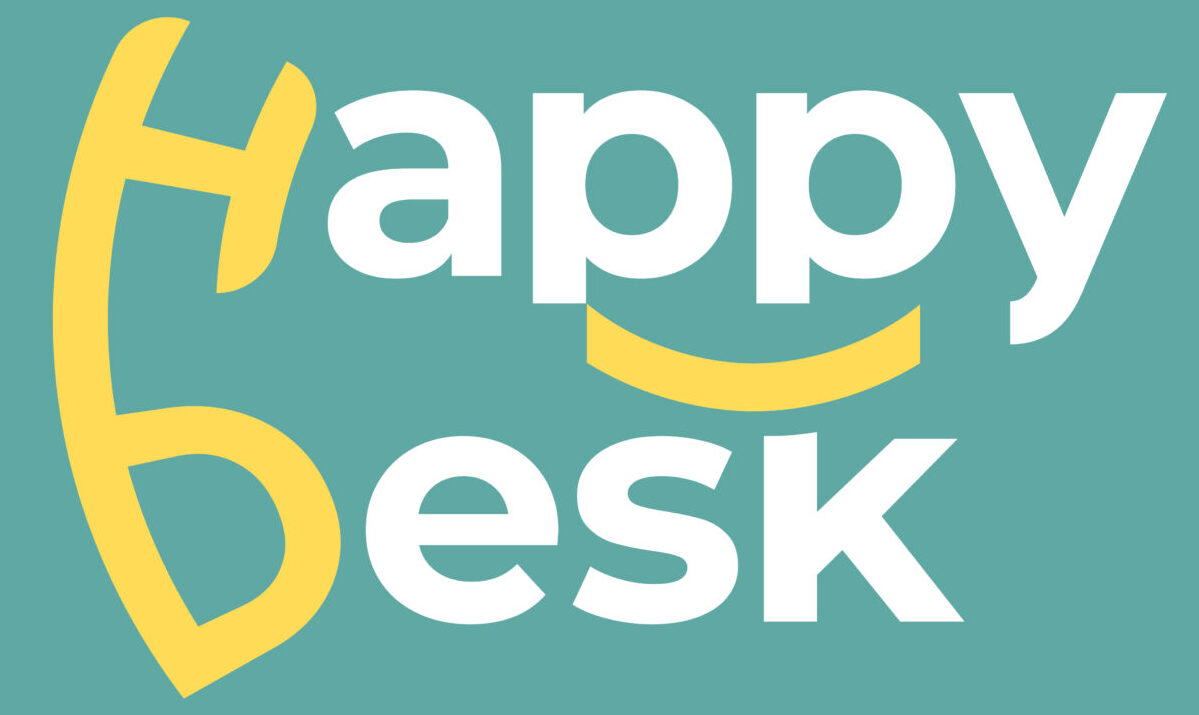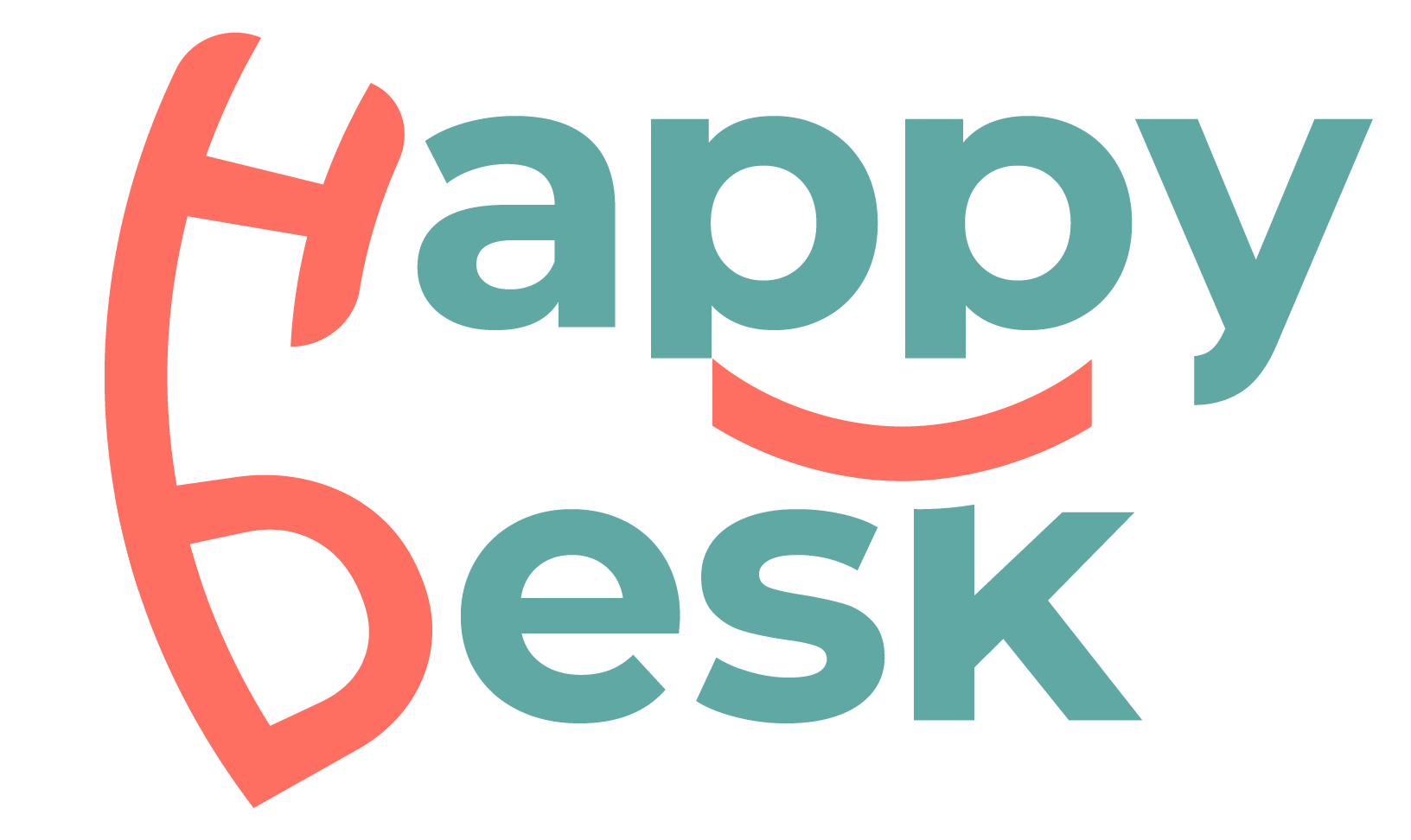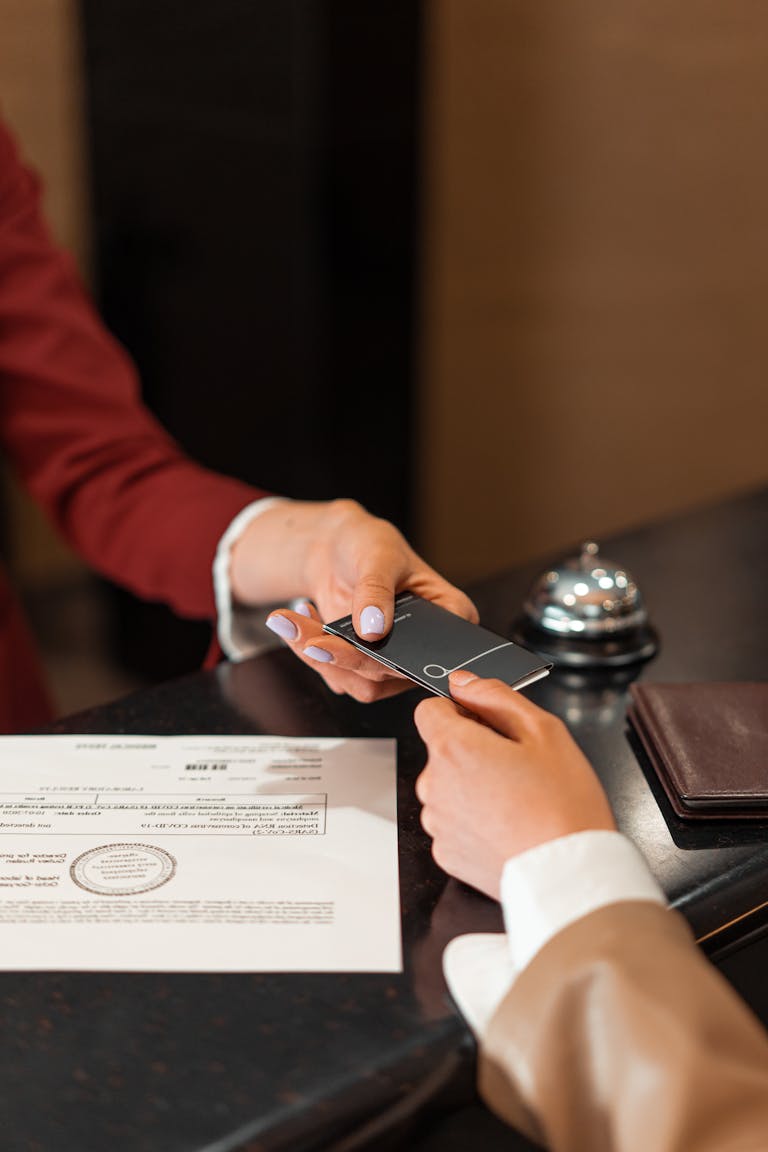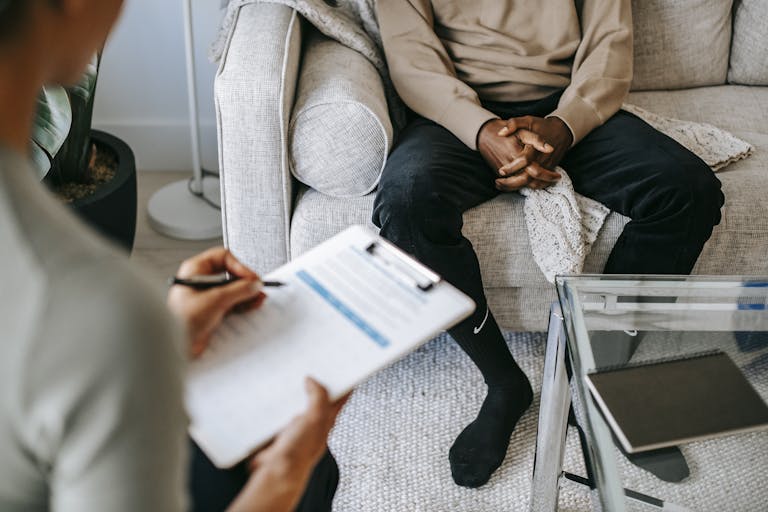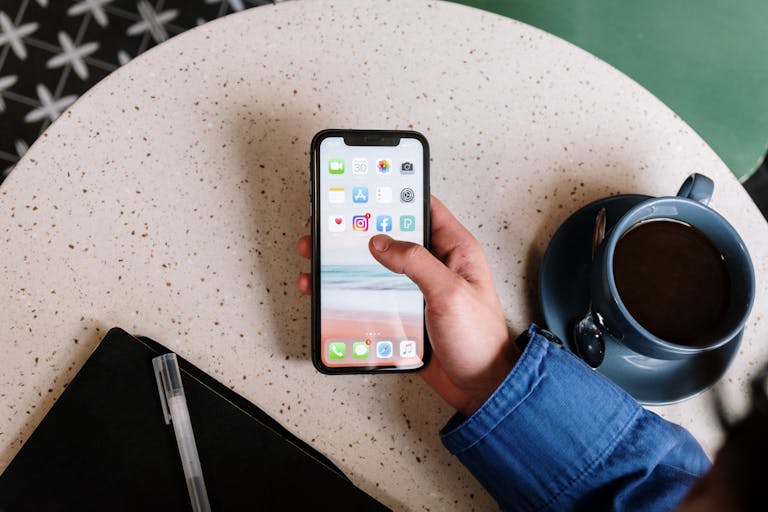In a private practice, every missed call can represent more than just a lost opportunity—it can be a missed connection with someone in need. When a potential client calls your office, it’s often a moment of vulnerability. Whether they’re reaching out after weeks of deliberation or in a moment of distress, a missed call may result in them choosing not to follow up at all.
According to industry studies, over 60% of people seeking mental health support will not leave a voicemail if their call isn’t answered on the first try. Many will simply move on to the next provider. This means that practices without a reliable, real-time response system are losing potential clients before they even get the chance to engage.
That’s where virtual receptionist services come in. A trained, empathetic receptionist can field these calls, answer basic questions, explain next steps, and schedule consultations—ensuring no opportunity falls through the cracks. For one solo clinician, partnering with a virtual receptionist led to a 30% increase in new bookings within the first two months.
It’s not just about growth—it’s about consistency. Practices that ensure timely responses project professionalism and stability, two things prospective clients value when choosing care. When every inquiry is acknowledged promptly and warmly, clients are more likely to feel safe and supported from the outset.
Missed calls also contribute to workflow inefficiencies. If you’re trying to return voicemails between sessions, you’re not only splitting your focus, but also reacting instead of proactively managing your calendar. Having someone else handle that first layer of contact allows you to stay present with the clients in front of you.
Let’s break it down further. Imagine your practice misses just two calls a day. That’s 10 a week, potentially 40 a month—nearly 500 in a year. Even if only half of those would have led to an initial consult, that’s still hundreds of missed sessions and a major gap in both service and revenue.
Some therapists feel they can manage call volume themselves, but this often leads to burnout. Responding to calls during lunch breaks, before sessions, or after hours becomes unsustainable. Plus, it puts pressure on clinicians to constantly shift from therapeutic presence to administrative mode—something that impacts quality of care over time.
Call management is especially important during high-demand periods. For example, practices typically see an uptick in inquiries during the fall and early January. During these seasons, having a dedicated receptionist—especially one trained in the nuances of mental health intake—ensures you don’t miss a surge in interest.
A virtual receptionist also adds structure. With the right systems in place, they can prioritize urgent messages, route calls to the appropriate clinician, and flag any issues that need direct attention. Some reception services even sync directly with your scheduling software, offering real-time updates and confirmations.
Happy Highlight
Every call is a potential connection—and missed calls cost more than you think. With the right support, you can ensure every ring is answered with professionalism, compassion, and care.
Don’t let potential clients slip through the cracks. Contact us to learn how Happy Desk can help keep your phone lines—and your practice—thriving.
